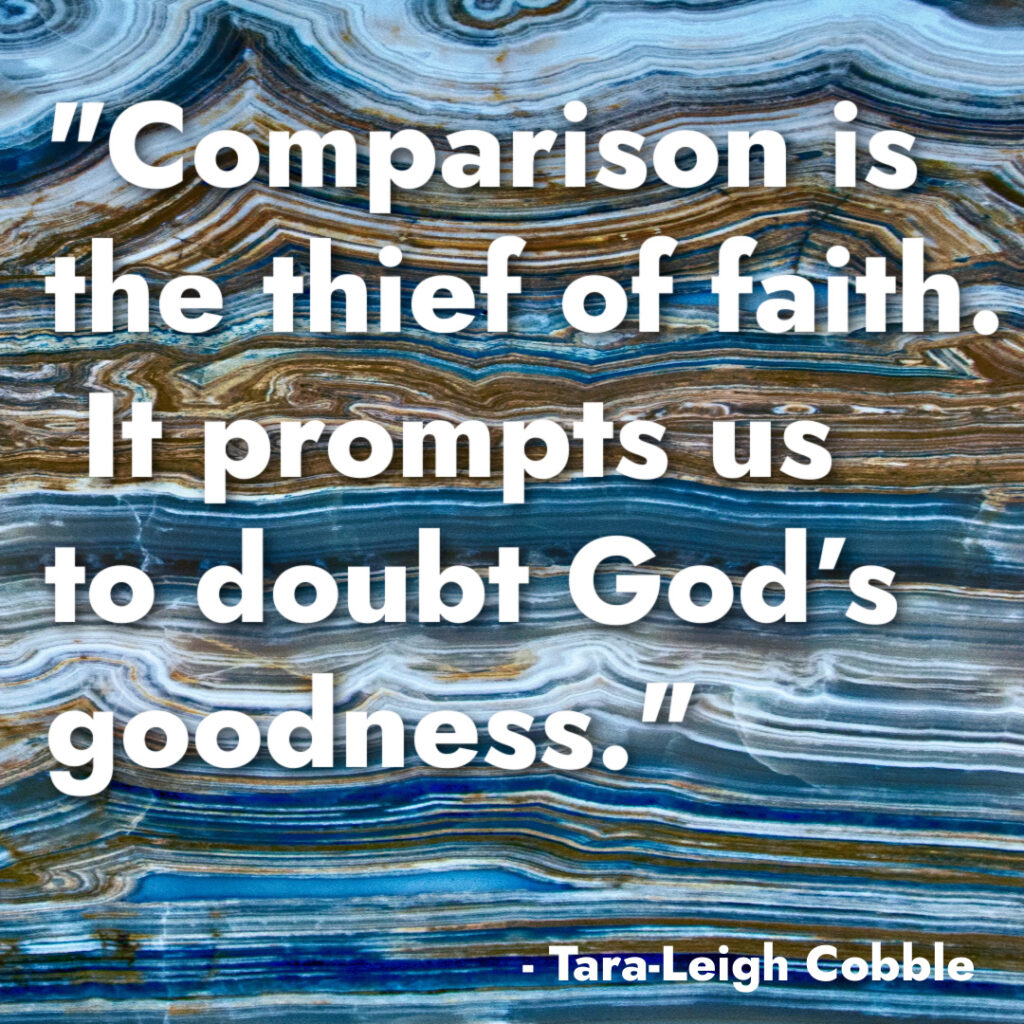Motherhood has made me an absolute expert in comparative mathematics. It began even before my first child was conceived: at what age are other women having their first children, and is that older or younger than me? How many weeks/months/years does it take the average woman to become pregnant? And then, in pregnancy: how does my baby’s growth stack up against that of other fetuses? Of course the number comparisons only compounded once the baby was outside of my body: from height and weight percentiles to the age at which he was meeting each milestone, the baby years involved more numbers than a high school statistics class.
My number crunching reached peek performance during my period of secondary infertility, when every friend’s pregnancy announcement provided new equations to calculate: how many years are there between each of her children? How much larger will our own kids’ age gap be if I manage to get pregnant this month or next month or next year? Why did she get pregnant after just two rounds of fertility treatments, and why was it taking my body so much longer to respond?

I wish I could say that my number anxiety has died down now that I’m a more seasoned mother, but I continue to run numbers in my head regarding the sizes and milestones of each of my kiddos. And with four kids to monitor, it all adds up to a lot of math. My own mom recently commented that my secret power is worrying about my kids. It’s not something I’m proud of, but it’s also not untrue.
The thing about all this comparison is that it doesn’t do much good. Yes, there’s some value in knowing whether or not my kids are developing appropriately, but there’s a vast difference between noting their development and obsessing over it. The former is important information for catching any glaring problems; the later simply makes me miserable. And it’s a symptom of some glaring spiritual problems.
I was reminded of this conspicuous issue with comparison in my recent reading of Psalm 73. In it, the psalmist observes that the wicked around him are flourishing and wonders why he isn’t prospering in the ways he feels he deserves: “Surely in vain I have kept my heart pure and have washed my hands in innocence” (Psalm 73:13). As the psalm progresses, the writer has a change of heart and begins to see the eternal value of righteously following God: “How suddenly are they destroyed, completely swept away by terrors . . . . Yet I am always with you; you hold me by my right hand. You guide me with your counsel, and afterward you will take me into glory” (Psalm 73:19, 23-24).
In her commentary on the Psalm, Tara-Leigh Cobble observes that the psalmist needed to take his eyes off of others and turn his attention toward God in order to gain an appropriate perspective of the situation. She writes, “Some say comparison is the thief of joy, but here it seems that comparison is also the thief of faith. It prompts us to doubt God’s goodness.”

When thoughts of my kids are dominated by comparisons to other kids, I’m not just losing out on enjoying them. I’m also exhibiting a lack of trust in the God who made them. I’m putting more faith in numbers and experts than in The One who created my kids as well as the kids with whom my own children are being compared. He’s doing a unique work in each of them, from the rate at which they are growing to when and how they gain each new skill. The God who exists outside of numbers and time knows exactly what He is up to in each of my kids’ lives, and that’s true for their spiritual formation and their emotional wellbeing and even their physical development.
While it’s true that I earned my PhD in number comparison once becoming a mom, I was an expert in the field long before children entered my life, and I continue to struggle with comparing myself and not just my kids. From body image to financial success to career milestones (or lack thereof), I spend far too much time observing others and not nearly enough time trusting the story God is writing in my own life. And honestly? What God is doing in others’ lives—from how well they’re aging to the amount of money in their bank accounts to their amazing job prospects–is none of my business! What IS my business is continuing to praise and worship the Lord, who always has been and always will be deserving of my full attention. As I pursue Him, I can trust that the story He is writing in my life and in the lives of my kids is far better than anything my comparison-fueled imagination could fathom.
Heavenly Father, you know my impulses to compare myself and my kids to others. It is not a struggle that’s unique to me, which is why it’s something you address in your Holy Word. Thank you for giving me guidance in what to do with this tendency to compare. Thank you for the psalmist’s words that acknowledge this sin struggle and also present the solution—the solution that involves turning towards you and trusting you with our stories. Help me to trade comparison for trust, pursuing your will for my family while understanding that it might not look like what you’re doing in the lives of others. Give me eyes that are fixed only on you.


